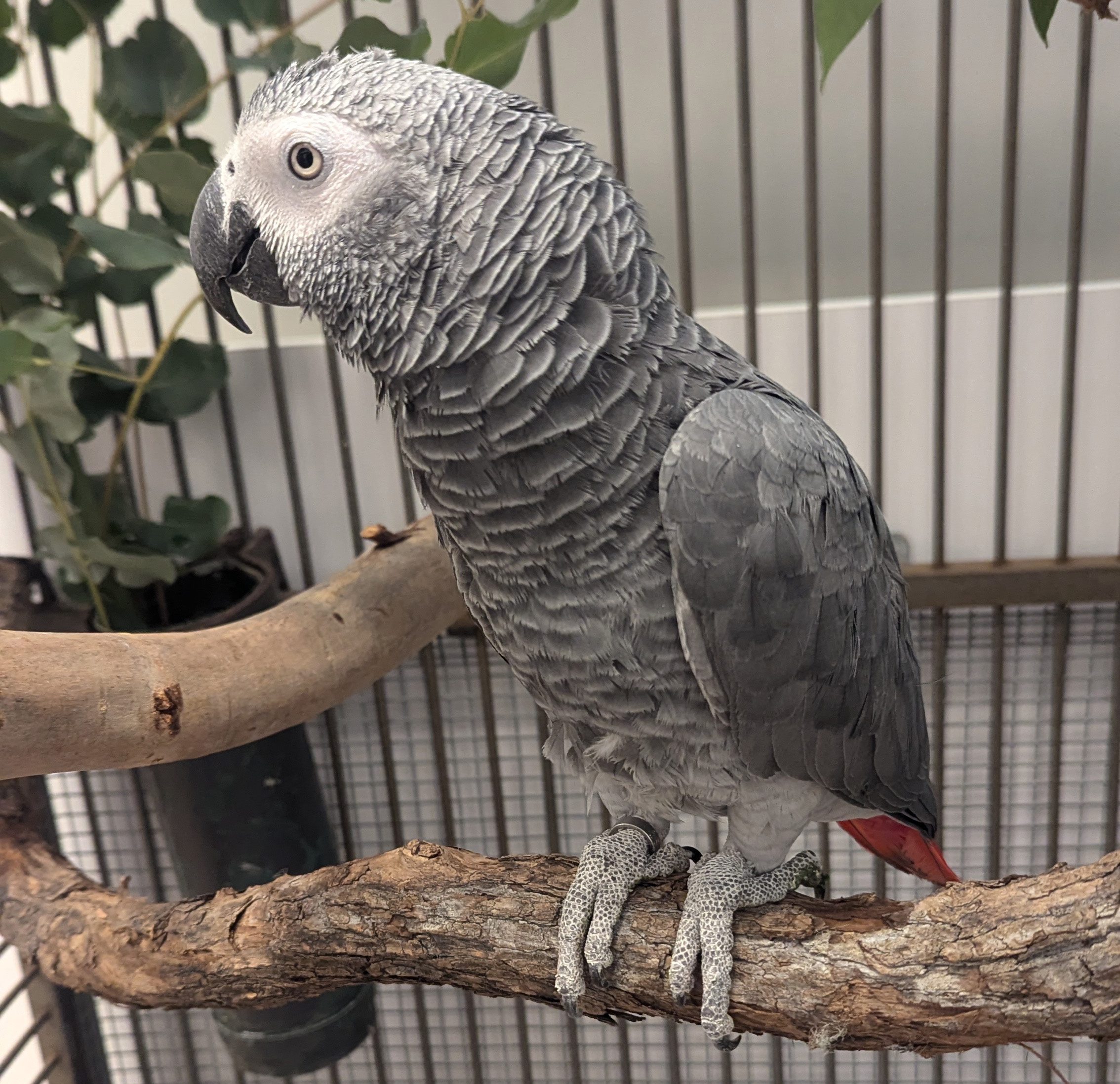
The Department of Primary Industries and Regional Development (DPIRD) led Operation Closepablo to investigate the organised importation, keeping, breeding and sale of illegal exotic animals in Western Australia.
DPIRD worked with the Department of Biodiversity, Conservation and Attractions (DBCA) WA and was supported by other national compliance agencies as part of the operation.
Several exotic animals including an African spurred tortoise, a caiman crocodile and an African parrot were sized, as well as a range of native fauna species including lace monitors, pig-nosed turtle and an Australian freshwater crocodile.
Under the Western Australian Biosecurity and Agriculture Management Act 2007, it is illegal to import or be in possession of declared pests and significant penalties may apply. The Biodiversity Conservation Act 2016 promotes the protection of fauna (native species) and it is an offence for a person to take or possess fauna without lawful authority.
Some of the animals seized are listed as protected and threatened species as well as declared biosecurity pests in WA.
DPIRD seeks to rehome species in the first instance where they can be lawfully kept and biosecurity risks and welfare needs are appropriately managed, such as in authorised zoos.
DPIRD Director of Specialist Compliance and Investigations Nigel Schofield said the recent seizure of exotic animals was very concerning and investigations into the suspected illegal trading of animals were ongoing.
“Operation Closepablo highlights the demand for exotic pets and wildlife species, posing serious threats to WA’s biosecurity, protected and threatened species and animal welfare.
“DPIRD and DBCA remain vigilant in monitoring and responding to reports of illegal activity related to animal trafficking.
‘The community is urged to be aware of the potential for illegal trafficking and refrain from contributing to the demand for exotic pets that may have been obtained through illegal means.
“Any suspicious activities related to the trade of exotic and native animals should be reported to help combat illegal animal trade and protect our natural ecosystems.”
Suspicious animal trading activities can be reported anonymously via the online form on Crimestoppers (www.crimestopperswa.com.au/organisation-report/agwatch).


